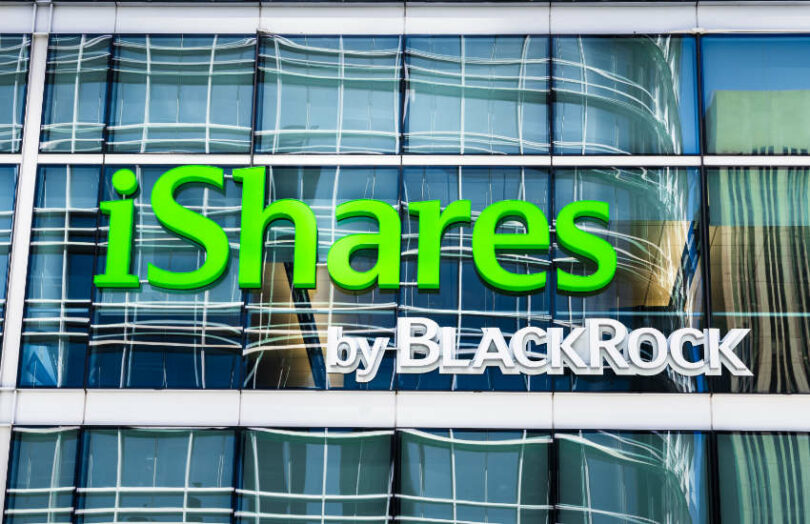Yesterday BlackRock’s iShares filed with the US Securities and Exchange Commission (SEC) to launch a spot Bitcoin exchange traded fund (ETF) after the asset manager unveiled a private Bitcoin Trust in August last year. Numerous spot Bitcoin ETF applications by various asset managers have been rejected by the SEC. The only Bitcoin ETFs that have been approved are linked to the futures markets.
We believe that BlackRock might have done enough to address the SEC’s concerns about spot Bitcoin ETFs.
Based on previous ETF rejections, the SEC wants to see two things. Firstly, it wants the pricing to be linked to a regulated exchange, which for now would be a futures market. Secondly, it wants the futures exchange (CME) to have a surveillance sharing agreement with the ETF exchange, which is Nasdaq for the BlackRock Bitcoin ETF.
That surveillance agreement must already exist because the Valkyrie Bitcoin Strategy ETF is listed on Nasdaq and based on CME Bitcoin futures.
So how can the futures market provide a price for a cash market? If the spot ETF uses the price used to settle futures when they mature. BlackRock plans to use the CF Benchmarks Index, created by a UK FCA-regulated firm. That same benchmark is used by the CME to settle Bitcoin futures.
Other spot Bitcoin ETF rejections
The crux of the SEC’s objections has related to the perception that cryptocurrency prices are manipulated.
The second iteration of the Ark/21Shares Bitcoin ETF application was rejected this January, though it’s still trying. Ark’s most recent application analyzed why Bitcoin prices are becoming more reliable.
The Ark ETF used the S&P Bitcoin Index for pricing which sounds pretty credible. In turn, the S&P index is based on data from the startup Lukka. It uses pricing from a dozen exchanges, including Binance and Bitfinex. Another rejected ETF, the VanEck spot Bitcoin ETF used the MVIS CryptoCompare Bitcoin Benchmark Rate. Both were trying to list on the Cboe BZX Exchange.
In the case of Grayscale’s failed attempt to convert its Bitcoin Trust into an ETF, the pricing index is supplied by TradeBlock. Both Grayscale and TradeBlock are part of the Digital Currency Group.
In contrast, the CF Benchmarks Index in BlackRock‘s application uses half the number of exchanges compared to the S&P index. Those exchanges are Bitstamp, Coinbase, Gemini, ItBit (Paxos), Kraken and LMAX.
Meanwhile, the BlackRock ETF will use Coinbase Custody as custodian, and Coinbase as prime broker, extending its existing relationship with the crypto exchange. The question is whether Coinbase’s role could hold up the ETF given the SEC is suing the exchange.






